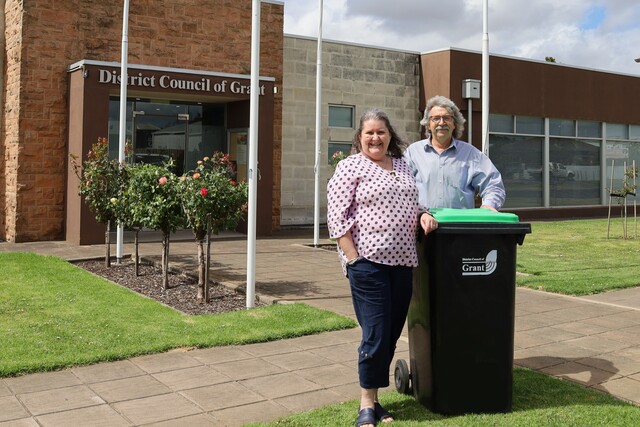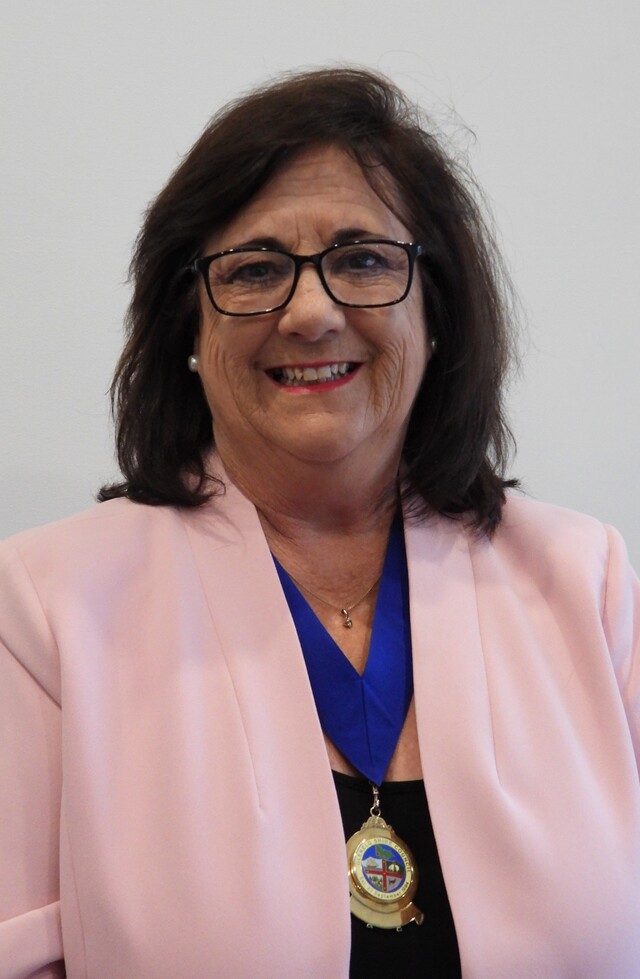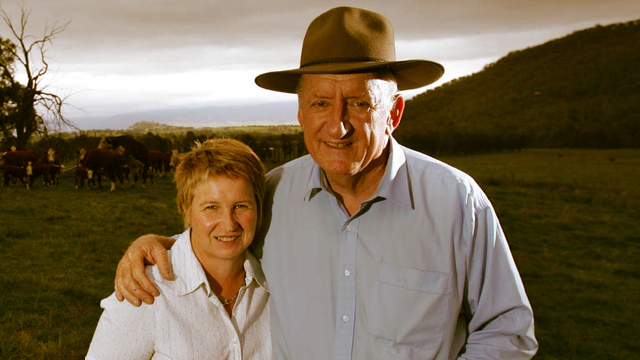An interview with
Michelle Gilliver-Smith, Manager Human Resources at Port Stephens Council, NSW
While managing a multi generational workforce and attracting and retaining Generation Y are current Human Resources challenges, Michelle Gilliver-Smith said that the big issue facing is the ageing workforce.
Located in the Hunter region of central New South Wales, Port Stephens Council is like many regional councils in that it competes with the mining sector for staff.
Michelle Gilliver-Smith said this will become an even bigger issue in the future, and it will also affect metropolitan councils, which will compete more strongly with the private sector.
“In this environment, councils must look at more than just dollars if they are to have any chance of succeeding,” she said. “We must ensure our employee value propositions offer more than just a wage and we must communicate that to the market.”
To attract and retain quality staff from a range of generations who all have different values, Michelle Gilliver-Smith and her team collaborated with staff to develop Port Stephens Council’s 2008 enterprise agreement.
“Through conversations with staff we have found that the baby boomers and Generation X are looking for flexibility and work/life balance, whereas Generation Y are looking for career enhancement and access to education and learning,” she said. “Catering to the needs of staff, the agreement has a strong focus on flexible working conditions, work/life balance and a dedication to continually promoting ongoing learning opportunities to all staff.”
Some highlights of Council’s employment conditions include health and fitness incentives outside of the workplace for staff and their families; free counselling services through the Employee Assistance Program; a variety of flexible working conditions; and flexible leave entitlments, such as enhanced carer’s leave, volunteer leave, paid paternity/maternity leave, grandparent’s leave and additional annual leave through salary sacrificing arrangements, with up to 12 months paid leave able to be purchased.
Council also offers staff a social sports competitation once a week. This has been successful in developing social and working relationships across the different departments in Council’s administration building, as members nominate the sports they wish to play and then are placed in teams to play a variety of sports over a set period.
“Generation Y will soon become the largest demographic in the workforce and councils must continue to be innovative in their approach so that they stand out from the crowd as an attractive place to work for the long term,” Michelle Gilliver-Smith said. “We must engage and employ younger people in ways that are attractive to them and do this on a regional basis.
“Councils need to work together to develop and implement strategies that enable staff to rotate through different organisations. Not only will this ensure that councils have the skills they need, but it is a great opportunity to keep young staff interested, increase their skills base and keep them challenged.”
Michelle Gilliver-Smith said that while the ageing workforce is a challenge, it also presents opportunities.
“Retirees have a great deal to offer our communities,” she said. “For example, in 2008, Port Stephens introduced a grey nomad program, sourcing young retirees who still wanted to contribute to the workforce. The program led us to receive a Diversity at Work Award for the Employment and Inclusion of Mature Aged Workers.
“Not only did the initiative help us to fill gaps in our workforce in positions where skills were at a shortage, such as engineering and planning, but it also contributed to a comprehensive database of well qualified, vibrant retirees looking for semi permanent, contract and casual work in the local area that we have passed on to local businesses.
“Retirees bring with them a wealth of knowledge and experience that we can harness to mentor younger staff and fill temporary gaps and overflow situations, while providing worthwhile employment in our community.”







